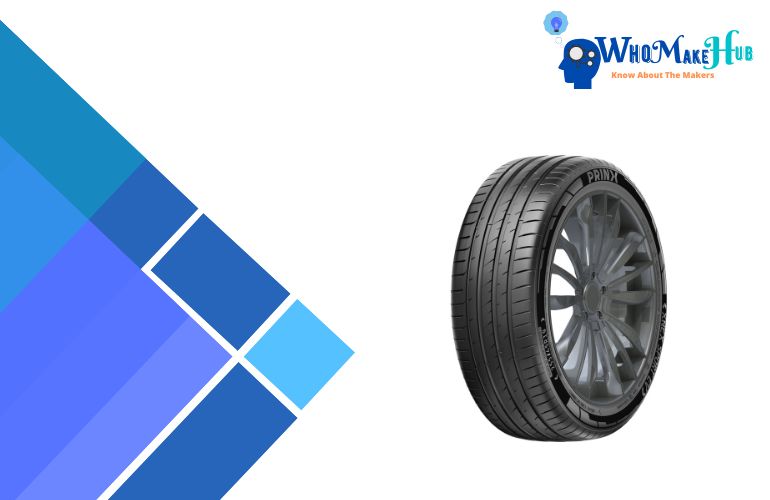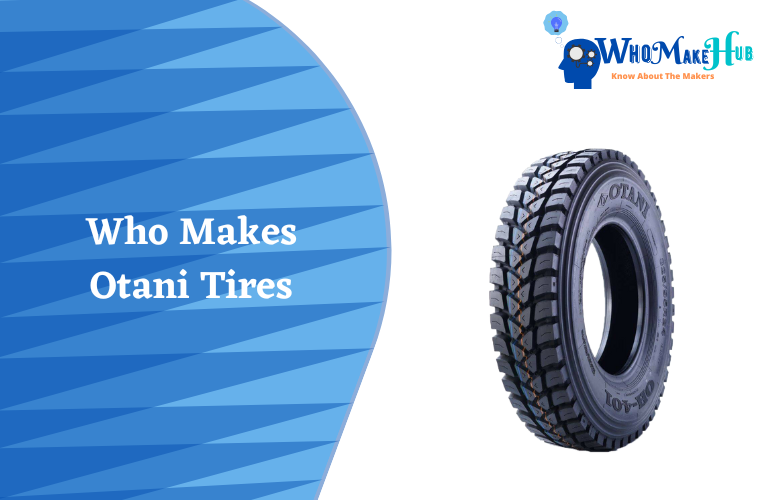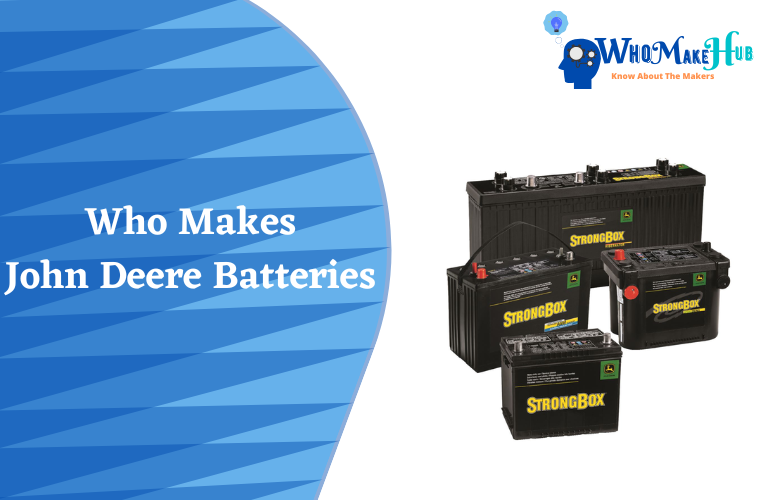When it comes to engines, Volvo is one of the most well-known brands. They’re recognized for having a longer engine life and being able to withstand harsh conditions.
Have you ever wondered ‘Who Makes Volvo Engines’, especially if you’re a fan of this brand’s engine? Let’s learn a little more about the company together. We addressed this question, as well as a few others that you may have.
History of The Company
Volvo has been producing inline or straight engines for a long time. In 1927, they ordered their first engines from Skovde-based engine company Penta. Later on, Volvo bought the majority of Penta’s stocks in 1931 and in 1935, Penta became a Volvo subsidiary.
Volvo Cars have been producing the Volvo Engine Architecture (VEA) family of straight-three and straight-four vehicle petrol and diesel engines at Skövde, Sweden, since 2013 and Zhangjiakou, China, since 2016. With a new-generation straight-six engine debuted in 2006, Volvo’s previous owner, Ford Motor Company, enabled the company to continue to build its own engines. Geely combines the three-cylinder versions with its other engines under the G-power moniker, whereas Volvo promotes all engines under the Drive–E name.
Volvo is one of the most ambitious automakers, with a strong emphasis on safety. By 2020, they hope to have eliminated all deaths and major injuries caused by their cars. The firm has also said that by 2025, completely electric vehicles would account for 50% of its sales.
Volvo Engines Review
For a wide range of applications, the Volvo engines provide the ideal mix of fuel efficiency and power, as well as the dependability your clients need.
All Volvo engines are based on a foundation of tried-and-true architecture that takes advantage of cutting-edge technology to improve the economy. Standard features include low-friction pistons and a two-speed water pump, as well as optional ones like turbo compounding, to recover energy that would otherwise be wasted.
A typical hybrid common rail fuel injection system extracts the most amount of power from each drop of fuel. The Volvo engines particularly provide the following features-
Common-Rail Fuel Injection
Volvo’s common-rail fuel system has a unique architecture that provides a number of advantages. A clean installation increases dependability and substantially lowers engine noise, while finer control allows for faster, more precise fuel injection for greater fuel economy.
Low Friction Wave Piston Design
Piston skirt polishing improves power and efficiency by reducing friction losses. The wave shape of the piston enhances compression, which improves combustion and reduces soot.
Improved Fuel Efficiency
All Volvo engines are OBD 2016-compliant and built on a foundation of established, developed design that utilizes new technology to improve efficiency, providing an amazing blend of power, efficiency, and value.
High-Efficiency Aftertreatment
The “one-box” after-treatment system has reduced packaging and is 17 pounds lighter than prior systems. Improves muffler efficiency by providing greater thermal encasing of exhaust energy.
Faster and Smoother Performance
The Volvo I-Shift increases productivity by constantly monitoring grade, speed, weight, and engine load, changing when necessary or maintaining a gear based on which saves the most fuel.
Volvo Diesel Engine Problems
According to research, diesel engines have been known to malfunction, and this can be a costly remedy. This may or may not be related to power outages. Multiple reports of blown turbos, electrical malfunctions, and overheating issues have also been made.
Who Makes Engines for Volvo Cars?
Volvo Cars were purchased by Geekly from Ford Motor Company in 2010, allowing the Swedish brand to operate independently. However, in recent years, the two firms have extended their collaboration. Volvo already provides engines to some Geely-branded vehicles, and the two companies collaborate on technologies under Geely’s Lynk brand.
Does Volvo Make Diesel Engines?
Yes, they did. However, When its 2.0L turbocharged technology reached the end of its useful life, the Swedish carmaker stated that it would not create any further internal combustion engines. The company has claimed that it would rather concentrate on creating electric technologies that would compete with Tesla motors. For Volvo, the end of diesel is only the beginning.
FAQ
Are Volvo Engines Reliable?
The Volvo engines have a strong reputation for dependability in general. Clogged diesel particulate filters were common in early diesel-engined cars, although this was easily resolved with a good, long drive.
Which Volvo is the Most Reliable?
The T6 engine in the S60 is simply the best Volvo has ever built. It’s strong, smooth, and gets excellent gas mileage.
Who Makes the Engines for Volvo?
Unlike presently, when some engines are bought from or constructed by Ford, Volvo has spent the last two years designing and developing the new units in-house. The engines will be produced at Volvo’s Skovde engine facility at a pace of 2000 units per week.
What Kind of Engine is in a Volvo?
The Volvo Engine Petrol 4 is a four-cylinder engine with a displacement of 1.5L or 2L. Volvo, Lynk & Co, and Geely all employ it in their automobiles.
How Long will a Volvo Diesel Engine Last?
It may also differ based on your Volvo’s model and year. However, with appropriate maintenance, a Volvo engine may last for over 200,000 miles and have a 20 year lifetime.
Where are Volvo Diesel Engines Made?
The bulk of Volvo Penta’s diesel engines are built-in Skovde, Sweden, at Volvo’s common engine facility. Volvo Penta has had a final assembly plant for diesel engines in Lingang, China, since 2009.
Conclusion
Engines are more than simply a part of a vehicle; they are one of the most important components since they must hold the load and roll on the ground in all weather. They have an impact on efficiency, durability, safety, and the driving experience. Volvo engines are the finest for meeting all demands at a low cost.
You probably already know who produces Volvo engines, what they’re used for, and so on. All you have to do now is pick which type to use based on your car.



